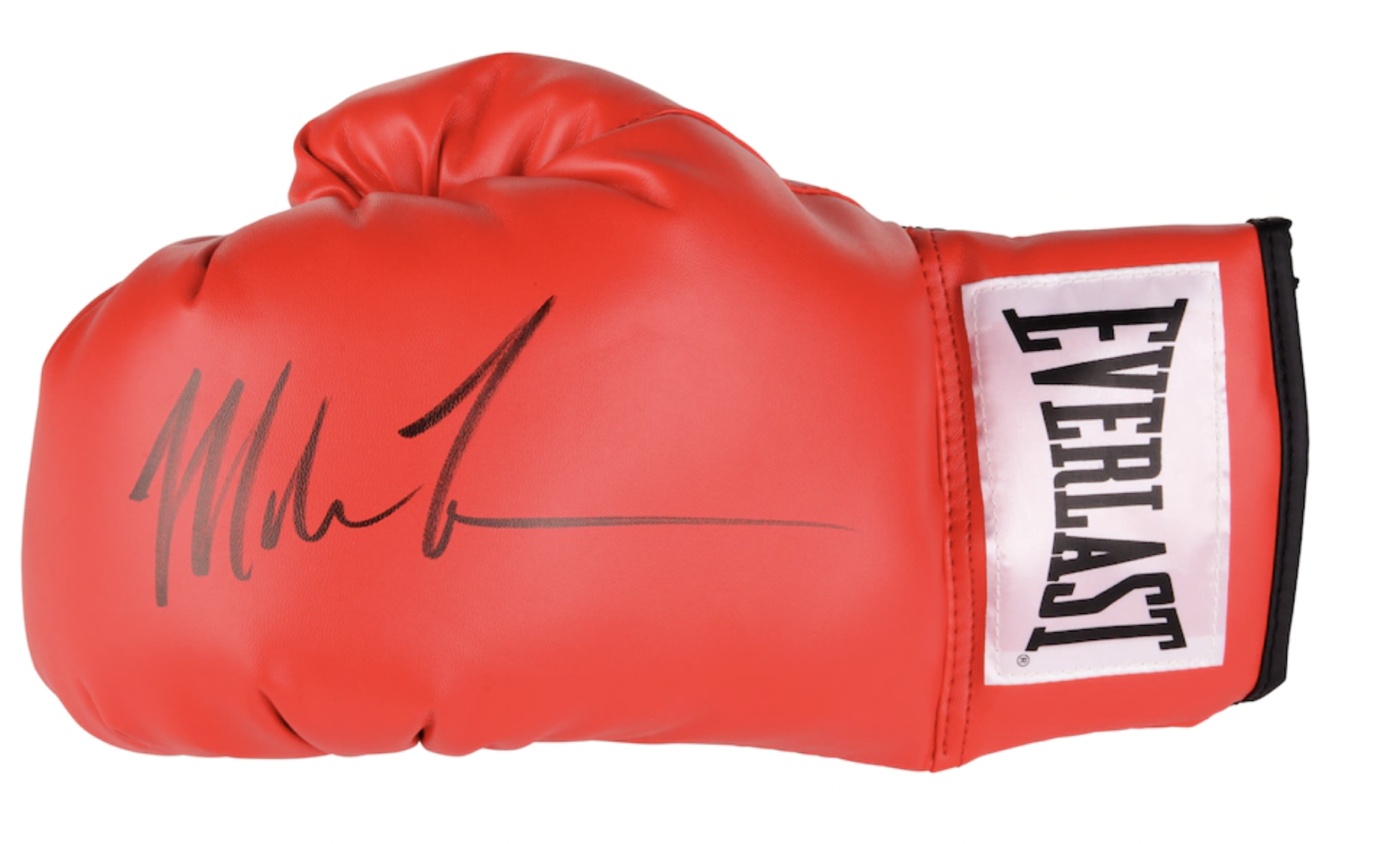LOS ANGELES — Brian Ortega knew things had gone down the wrong path for him and his family many years ago. He had spent some time in jail. His sisters were struggling with addiction; one methamphetamine, the other alcohol.
One time, his mother came to bail him out of jail. Ortega drove the car home and saw a woman on the street strung out on drugs.
“You know when you see people talking to themselves and you go, ‘Oh, I feel sorry for that person,’” Ortega said Wednesday at a media lunch ahead of UFC 226. “Well, I’m driving and I see that person and that person was my sister. So I dragged her in the car and took her home.”
It was a rough drive back to the tough San Pedro neighborhood of Los Angeles, Ortega said. He was driving a stick shift and his sister kept trying to get out of the car while it was moving. When they got home, Ortega was tasked with watching her and making sure she didn’t leave the house to get drugs.
That’s when things got really bad — a low moment in his life.
“I slip up, I fall asleep,” Ortega said. “She makes her way around me and then I chase her and I grab her. She starts scratching me and hitting me. I got so mad that I put her against the wall and started kind of choking her. And then my other sister comes behind me and starts choking me. And you got these three f*ck-ups fighting each other. Then I look over and I see my mom’s face and she’s crying and she’s like, what did I do in my life to deserve this? Ever since then, it just kind of stuck with me.”
It was a wake-up call for Ortega to get his life in order. He’s done that in a big way. Ortega will fight Max Holloway for the UFC featherweight title in the co-main event of UFC 226 on July 7 in Las Vegas. He’s undefeated in MMA with all finishes in his UFC career. Ortega is coming off a first-round knockout of Frankie Edgar, who had never been stopped before in his career.
In addition to all of that, Ortega is hard at work on his Brian Ortega Foundation, a non-profit organization launched with the goal of helping youth who grew up the way Ortega did. Robert Downey Jr. is among those helping the charity.
Ortega, 27, said he didn’t understand how tough he had it growing up in the San Pedro projects until he learned what a family dinner was later on in life. He had never had one before.
“Everyone sitting down like a family together at a table,” Ortega said. “It’s never happened to me. So when I’m sitting there with [someone else’s] family and they’re all sitting down, they’re having dinner, I was like, ‘Jeez, you guys don’t have to do this for me.’ And they were like, ‘We do this every dinner.’ I was like, whoa.
“I’m not saying my parents were bad when I say these things. They were busy. They had to work, they had to do their things to keep us afloat, so we didn’t have that luxury for all of us to sit down. My house was a revolving door. You walk in, you walk out, you get whatever you can eat, you leave, you go hang out with friends. I’m on my mission, my sister’s on another mission, my dad is working trying to provide, my mom is trying to do the same thing. And somehow we’re all co-existing with each other. My house always had at least 14 people in it. And one bathroom. So I didn’t really want to be home.”
Ortega, who was born in the United States, said his father was an undocumented immigrant from Mexico and later brought his mother over. The goal was to make a better life for their children. And he has vowed to pay them back for that sacrifice.
“I was blessed to be able to be born here,” Ortega said. “My dad crossed. My dad illegally went through the border and was living under a bridge, he was homeless. People are making fun of him, beating him up. All kinds of things. After he kind of figured out the situation, he brought my mom over. And my dad lived in an apartment in Wilmington [California] with 15 or 10 guys in one apartment. And my mom did the same thing with a bunch of girls.”
Growing up where he did, though, there were ups and downs for Ortega. His parents were each working at least two jobs on a daily basis to make ends meet and almost never home. He had to adapt and that didn’t always mean staying within the bounds of the law. Ortega has admitted to serving time in jail.
“It was survival,” Ortega said. “Learn where not to be at, so you don’t get shot. Learn where not to walk at, so you don’t get jumped. Learn who to stand up to, who not to. There’s all these rules that go in that environment. Then when I finally got old enough to get a chip on my shoulder, then I wanted to be the alpha dog. I wanted to be the alpha, I wanted to put my work in. And that got me in trouble.”
Ortega made a promise to himself to turn his life around and he has with the help of Rener Gracie and Brazilian jiu-jitsu, and now MMA. He doesn’t want to cause his parents any more pain.
“I was doing bad things, where I did see the heartbreak in their faces,” Ortega said. “I go wait a minute, no, no, no. You gotta help them out. You gotta grow up and you gotta do good and you gotta help them out. They don’t have a retirement plan. I have to become successful to help them not go back to any kind of struggle. They struggled raising us. The least I can do is give that to them in return.”
It’s been a particularly hard time right now for Mexican immigrants and Mexican Americans in the United States. During the last presidential campaign, then-candidate Donald Trump called Mexicans “rapists” and “criminals” at a rally, a clip that has been played over and over again on television.
There was a video that went viral this week of a woman echoing those words, telling a Latino man and his mother that she hates them because they’re Mexicans, calling them “rapists,” “animals” and “drug dealers.” That clip, specifically, cut Ortega deeply.
“To see that level of ignorance, I was just like, ‘Wow really,’” Ortega said. “You always hear about it, but when someone films it and you see it, it just gets under my skin a little bit. There’s nothing I can do. What can I do? I can’t go to that lady’s house and try to convince her otherwise. She’s set in her mind. The only thing that I can come up with was maybe she was born in another generation where that was how it was back in the day. It was very racial. Things are changing. I don’t know. I would just say ignore them. Better one crazy than two crazies.”
Ortega has a platform in the UFC and he’s hoping to educate people about Mexicans and Mexican immigrants. More than that, though, he wants to live up to all that his parents have done for him.
“The stories they tell me, that’s why I’m first generation and I work hard to make them proud,” Ortega said. “They came here to sacrifice everything for us. The way I look at it is, what kind of son would I be if I didn’t take full advantage of that?”

